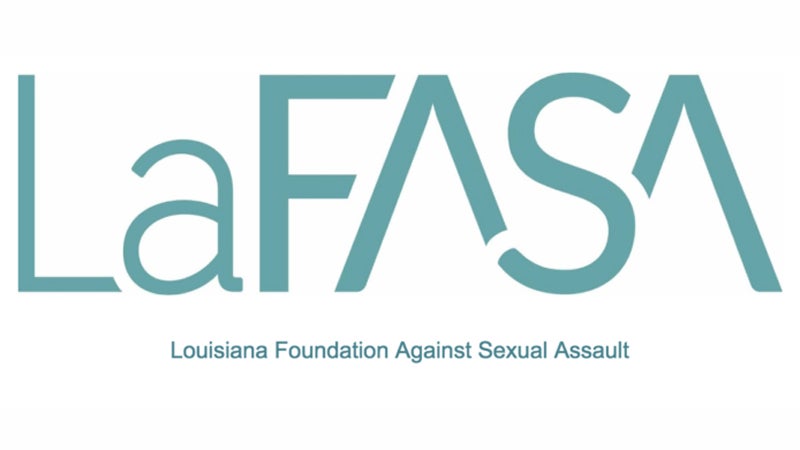|
Baton Rouge: The death of Madison Brooks, a sophomore at LSU in Baton Rouge, La., has understandably sparked local and national outrage. While details will continue to come to light, according to current reports, Brooks was at a student-focused bar, became impaired, was sexually assaulted and later the same evening was struck by a vehicle. Brooks died as a result from her injuries. Friends and family of Brooks are certainly experiencing deep pain and will forever be affected by the devastating circumstances surrounding her death.
“This is an incredibly tragic situation from every aspect,” says Kelli Knight, Outreach Coordinator at The Louisiana Foundation Against Sexual Assault (LaFASA). “Our hearts are broken. Sadly, though, Madison’s assault was made public as a result of her death. The grim reality is that sexual assault is perpetrated everyday. Predators exploit the vulnerability of someone in an impaired state by sexually assaulting them, then go about their business as though it was a consensual encounter. That is rape.” Knight goes on to say, “More often than not, survivors won’t disclose their assault because they feel guilty or responsible in some way.” This feeling is exacerbated by peers, media, and pop culture that reinforces the impression of responsibility.
Statistics show less than 40 percent of survivors disclose sexual assault and fewer go on to formally report it. This trend in no way implies the absence of a crime or an admission of fault. Shaming, deflecting blame onto the victim, the chaos and difficulty our legal system poses, are just some factors that contribute to a survivor’s choice to not disclose or report. Current stats show less than three percent of perpetrators will be formally charged with rape.
It is the mission of the Louisiana Foundation Against Sexual Assault (LaFASA) to change societal norms and attitudes surrounding this issue. Giving support to survivors, accurately removing blame from victims and holding perpetrators accountable will establish change. A shift in perspective can create a less hostile setting for survivors to come forward, and change norms around sexual violence.
The individuals who assaulted Madison Brooks must be held accountable for their actions. However, Brooks’ case also reveals a lack of protected environments. Places where people work, live, and socialize, must be safe and secure and promote healthy interactions; steps can and should be taken to minimize risks. These are reasonable expectations and must be ensured across the board by those in roles of responsibility, such as business owners and administrators.
Brooks’ inexcusable tragedy should not be misconstrued or forgotten. Let it serve as inspiration for communities to move towards an unambiguous understanding of how sexual assault can be prevented.
For survivors of sexual assault and their loved ones, LaFASA offers resources including a Helpline, legal advocacy and campus focused support. Our office assists students, faculty and staff to work towards safe environments, prevention and supports the rights of survivors. LaFASA encourages those experiencing re-traumatization during this time to contact our Helpline and invites students or anyone part of a student system with questions, to contact their school’s Title IX department or LaFASA’s Sexual Assault Campus Coordinator.
###
If you are a survivor and need assistance, please contact the LaFASA Helpline by text: 225-351.7233, chat: lafasa.or, or Talk: 888-995-7273 or contact our office directly at 225-372-8995. LaFASA is the coalition agency that serves statewide 11 sexual assault crisis centers through education, professional training, technical assistance, and community engagement resulting in safer, healthier, stronger, and better-informed communities throughout Louisiana. LaFASA also provides advocacy and legal services directly to survivors and cultivates prevention in our communities.
|
